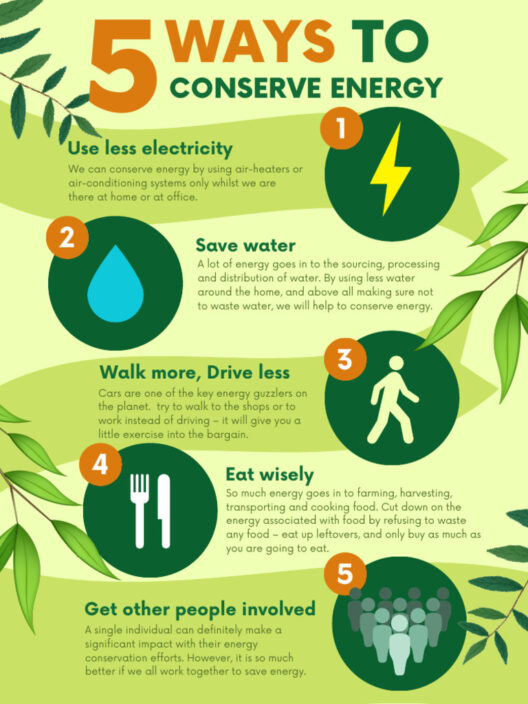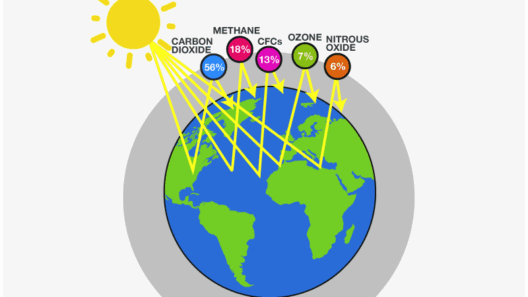Global warming is a pervasive issue that affects every corner of our planet. As the temperature continues to rise due to greenhouse gas emissions, the urgency to find viable solutions becomes paramount. But how can we collectively fix global warming? Is it feasible for individuals, communities, and nations to work together toward sustainability? Let’s delve into key solutions that can address this pressing climate crisis.
In an age where climate change headlines dominate news cycles, distinguishing between myth and reality can be daunting. Let’s explore the most convincing facts and tackle actionable steps.
Moreover, the challenge lies not only in understanding these solutions but also in implementing them effectively. It’s not just about the science; it’s about a radical shift in how we operate as a society.
Engaging with climate action can feel overwhelming. However, each individual holds the potential to impact the future. So, what can we do to turn the tide in favor of our planet?
Transitioning to Renewable Energy
The transition from fossil fuels to renewable energy sources is the cornerstone of combating global warming. Solar panels, wind turbines, and hydroelectric energy are all viable alternatives that drastically reduce carbon footprints. The sun and the wind are free and abundant—why not harness their power?
Significantly, government incentives for solar installation can alleviate initial costs. Communities could band together to invest in wind farms, sharing resources and benefits. Energy cooperatives, where residents contribute to renewable projects, can foster a sense of ownership and cooperation.
Moreover, electrification of public transportation systems can lead to significant emissions reductions. Imagine a city where buses and trains run on clean energy, ensuring that urban air quality improves, and citizens breathe easier.
However, ensuring accessibility to renewable energy for all populations remains a challenge. Solutions must prioritize equity so that every community can thrive amidst the transition.
Championing Energy Efficiency
Improving energy efficiency in our homes and businesses is a practical step we can adopt today. Simple measures—from LED lighting to smart thermostats—can drastically reduce energy consumption. Have you ever considered how much energy your appliances use when they’re not in active use? Many devices continuously consume energy, creating unnecessary expenses and waste.
Commercial sectors have a crucial role in this endeavor. Corporations can invest in energy-efficient technologies, reducing overhead costs while contributing to sustainability goals. And by promoting energy-efficient practices, businesses can inspire consumers to make similar choices at home.
Moreover, retrofitting old buildings to improve insulation can yield remarkable savings on heating and cooling costs over time, making this process both environmentally and economically advantageous. Educational campaigns that convey these benefits can empower individuals to undertake enhancing projects, thus creating a domino effect of conservation.
Adopting Sustainable Transportation
Transportation is a significant contributor to greenhouse gas emissions. To mitigate this, we can take numerous steps toward more sustainable transit options. Carpooling, cycling, or using public transport are excellent ways to lessen reliance on private vehicles. Have you thought about your commute? By choosing to bike or share rides, not only do you improve your physical well-being, but you also contribute to a greener Earth.
Companies can play a vital role, too. Encouraging telecommuting reduces the need for employees to travel daily. This approach has become increasingly popular in recent years and, if adopted broadly, could significantly lessen traffic-related emissions.
Furthermore, the development of electric vehicles (EVs) provides an opportunity for more sustainable driving. As battery technology continues to evolve, increased range and efficiency in EVs will further enhance their popularity. However, the challenge of expanding charging infrastructure remains a critical barrier to widespread adoption.
Engaging in Plant-Based Diets
Our dietary choices also impact global warming. Animal agriculture is responsible for significant greenhouse gas emissions. Transitioning to plant-based diets can reduce one’s carbon footprint dramatically. Have you examined your plate’s environmental impact? A simple shift toward more vegetables, legumes, and whole grains can yield significant ecological benefits.
Promoting local agriculture can also enhance food systems’ sustainability. Supporting local farmers not only reduces emissions associated with food transport but also strengthens community ties. Engaging in community-supported agriculture (CSA) programs provides consumers access to fresh produce while supporting sustainable farming practices.
Cultivating awareness around food waste is equally essential. By being mindful of what we consume and employing strategies to repurpose leftovers, we can minimize waste effectively. Building a culture of sustainability starts with changing our perspective on food.
Driving Policy Change
Individual efforts are vital, but systemic change through policy is equally essential. Advocating for legislation that promotes renewable energy initiatives, carbon taxes, and strict emissions regulations can propel momentum toward a sustainable future. Engaging in roundtable discussions and community forums can influence local policies that shape a greener tomorrow.
Moreover, voting for leaders who prioritize environmental action bolsters this movement. When citizens demand accountability from their representatives, significant reforms become attainable. Collaborative initiatives, driven by community leaders and activists, can amplify change at local, state, and national levels.
Building a Sustainable Future Together
Global warming is a formidable challenge, but it is not insurmountable. By leveraging renewable energy sources, enhancing energy efficiency, adopting sustainable transportation, and transforming dietary habits, we can confront the climate crisis head-on. Every action counts, no matter how small.
Engaging collectively in the fight against global warming promotes a holistic approach to sustainability. By fostering collaboration among individuals, communities, businesses, and governments, we can unite our efforts and create a healthier planet for future generations. The time for action is now, and together, we can forge a sustainable path forward.






